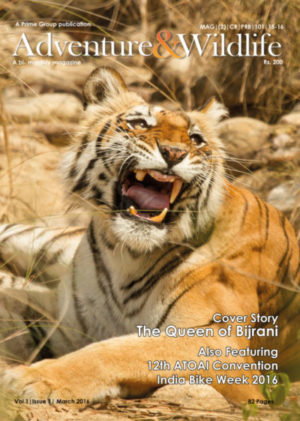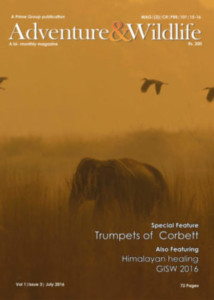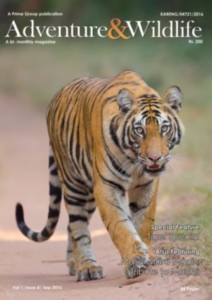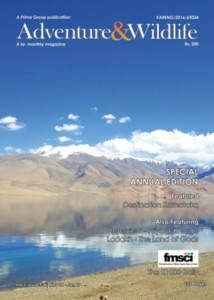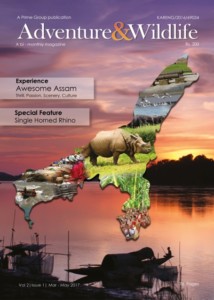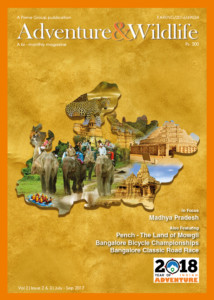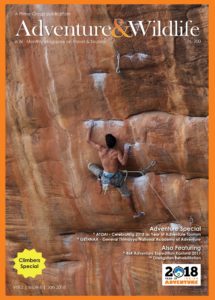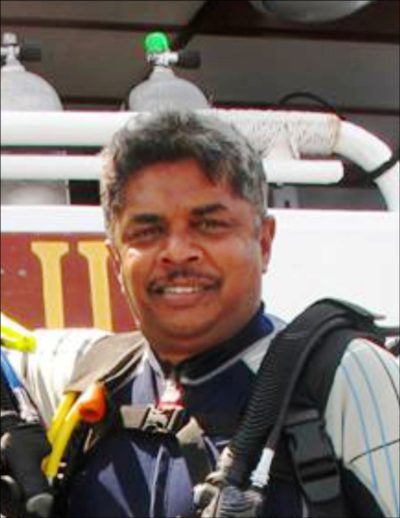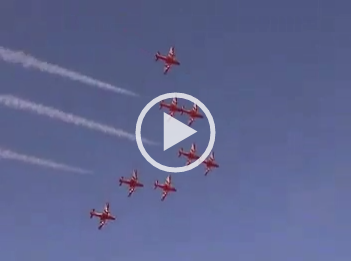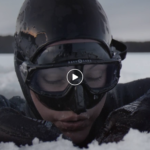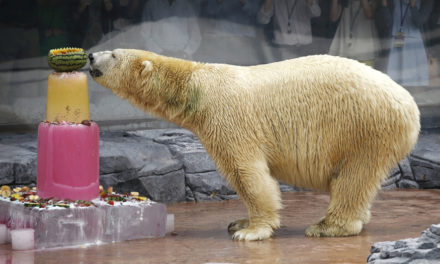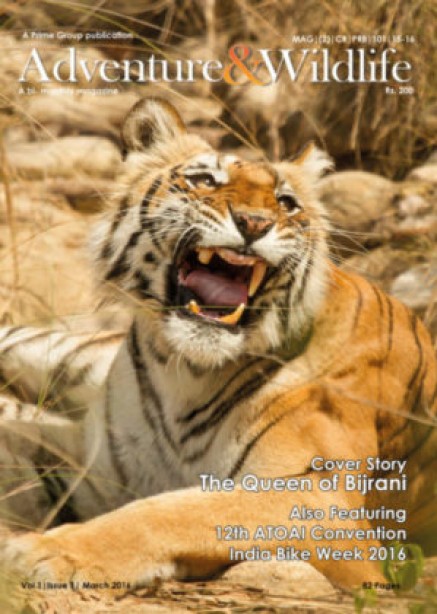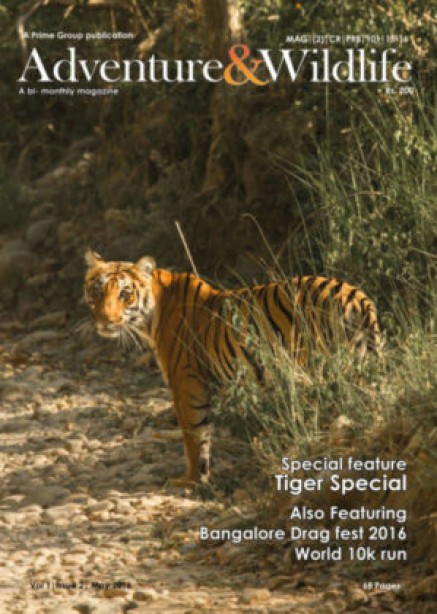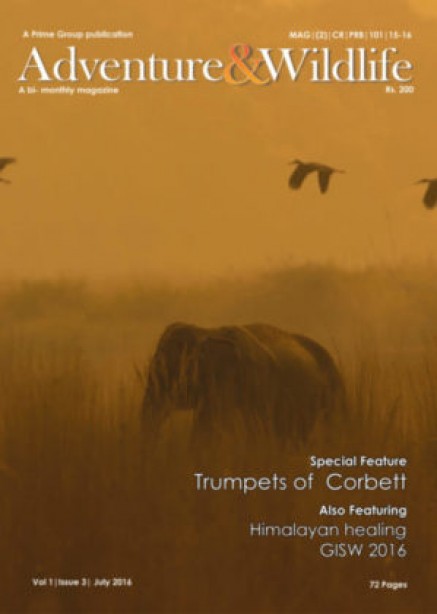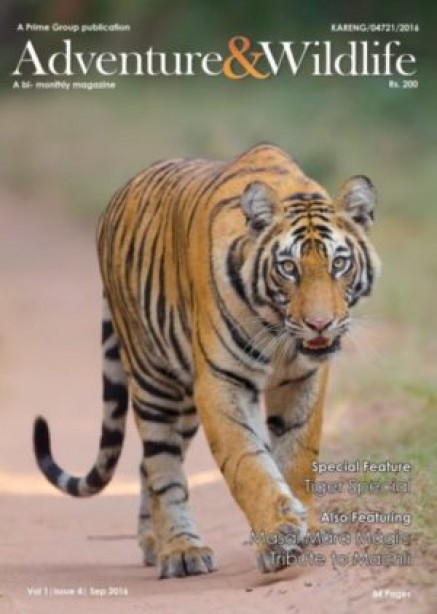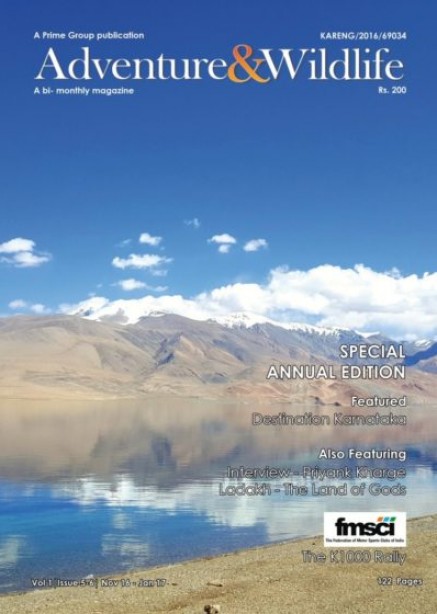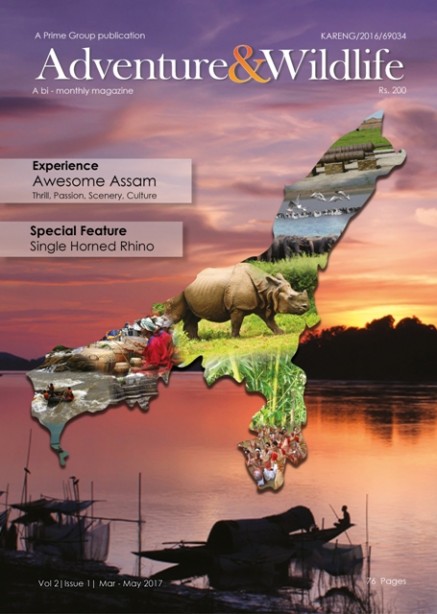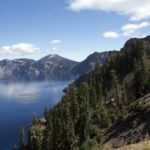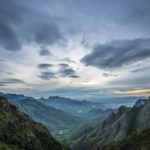
NIGHTS OUT IN LEH: ADVENTURES OF A SOLITARY WOMAN TRAVELLER
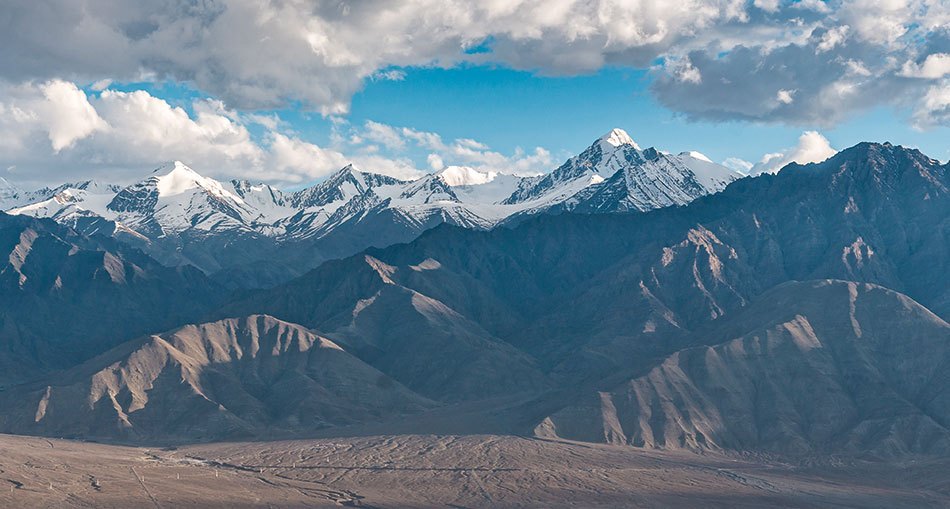
The first time I saw the Himalayas was from the capsule-shaped window of an Air India plane. It was my first flight ever, from Delhi to Leh. I was seven and I didn’t know that the earth could rise so high. A crisp black shadow of our plane fluttered over the brown mountains. My next flight to Leh is 20 years later. This time the mountains are layered in thick winter snow. I remember my earlier few months in Ladakh with a clarity quite extraordinary for a child that age. The images of this arid, Trans-Himalayan cold desert have obstinately stayed with me. The desire to revisit a landscape so perfectly fossilised in the recesses of my memory have accumulated over the years, and I decide that it is time I travel to Ladakh.
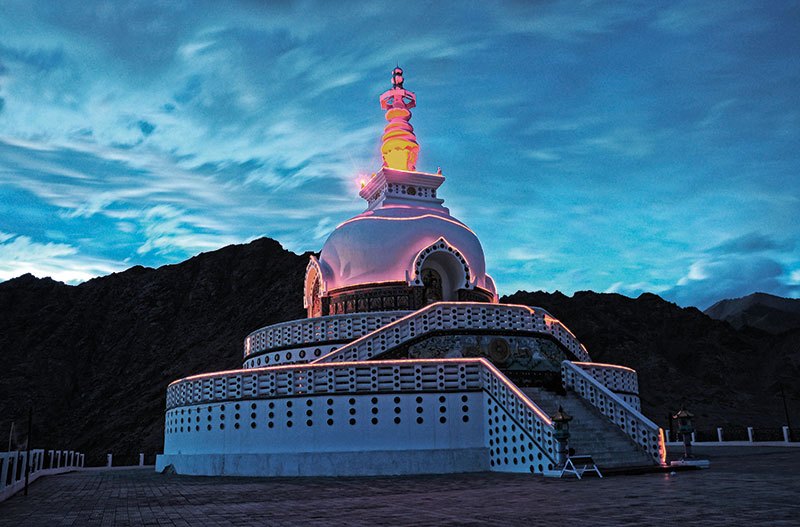
One thing that you quickly understand is that a single woman invokes a sense of responsibility in all members of the tiny ecosystem she temporarily inhabits during her travel — and by that effect, also accountability, for her actions. Be prepared for advice, concern and protection from people you will meet with during your travels. Also be ready with exact answers, precise explanations and reasons. The vagueness of an itinerary-less, aimless travel is still somewhat beyond the scope of a single woman.
My reward at the end of the day is the spectacular view of Stok Range from my window. For hours I remain lost in the quiet transition of the sky and the fading Stok Kangri. A week or more passes. And then, a man-made lake breaches its borders somewhere in the Zanskar region, causing a flood that leaves Leh city without electricity for three days. Phones, laptops and all other battery-operated gadgets are drained. Late in the evening, when the fire of the candle dies into the molten wax, the entire room dissolves into darkness. A thick blanket of silence and tar-like darkness engulfs for long hours. On one such night, I get up and go for a walk.
It is a dark starlit night. The silhouettes of buildings, most of them unfinished and under construction, look strangely distorted and appealing on empty streets. The chill cuts deep into my lips. I have never tasted the pleasure of true carefree wandering, an experience where I turn invisible, a spirit gliding over narrow lanes, kitchen gardens, roads, towards distant barely-discernible mountains. In the days that follow, dinner is over by 7 or 7:30 when it is still dusk. I then slip out of the single door at the back of my guest house. The dark alleys acquire a smell of disuse, of dust and dampness from the rain (which are unusually frequent for the time of the year). Pretty soon, I am confidently trespassing farm lands and empty plots on the outskirts to avoid studious glares and apprehensive, sometimes questioning, Julleys, greetings from the locals hurrying to get to their houses.
One night I find myself at the steps leading to the Shanti Stupa, at the end of Changspa Road. Strings of red lights wrapped around the stupa give it a fiery character against the black of the night sky, a transformation in absolute contrast with its daytime demeanour. I decide that I have enough time at hand for a really quick hike up the stairs. Less than halfway through, my lungs are ready to burst out of my rib cage and oxygen deficiency makes my mind blurry. My upper body shivers over my weakened knees and I slump back. In the excitement of my little excursion, I have forgotten to account for the altitude and rarefied air. Three shooting stars streak the sky. A thick crowd of dim and bright stars brim between the distant Himalayan peaks.
The little noise of my unceremonious fall has attracted the attention of a pack of dogs close by. As I struggle to get a grip on the gravelly slopes of Changspa hill, the pack of dogs quietly disperses. Under their steady glares, I slowly walk down the rest of the stairs. A big furry dog descends down the ruins of a cemetery with a pronounced limp. It is advancing towards me. When I try to hasten my steps, it lets out a faint groan. The whole pack gets closer.
I remember the story that has been narrated to me more than a dozen times during my stay. At the peak of winter only a few months ago, a mother of two, a woman in her thirties, was attacked by a pack of dogs and eaten to her bones. The city was still shaken with the incident and everyone was paranoid about the dogs that reigned the city in winters. Scenes from Adam Green’s Frozen (2010) play in my mind. I have often wondered about my death. Being eaten by a pack of city dogs never crossed my mind. I keep stepping back slowly, maintaining absolute stillness in my upper body. The pack grows more confident and aggressive when I falter again on the last few steps and onto the road.
I am already in the middle of the road. Now it may be only a matter of minutes. My best bet, I think, is to jump over the boundary into a house which has two cows and hope that the dogs prefer bovine meat over human. In that instant, an SUV comes to a screeching halt. In a moment, all the dogs turn their heads to the SUV. I spring to my feet, pull the door and jump inside. In a moment, the vehicle is surrounded by snarling and barking dogs. The SUV driver, a Ladakhi boy in his early twenties, looks petrified. As we drive away, he berates me for the risks that came with my reckless conduct. “There is no safety problem from men here. But there are dogs,” he says, dropping me at my guest house gate.
The following nights are spent within the boundaries of the guest house. The residual of a danger averted is the unending downward spiral of ‘what could have happened’. I have become far more conscious of the occasional deep-throated growls of dogs in the nights. On one full-moon night, I am on the roof of my guest house. The ice on the Stok range glistens like an ocean under bright sun. It is my last week in Leh. Moonlight gives me a dose of courage, a sense of safety, and I take a short ride on a bicycle. A knife in an ornamental stone-studded case from the Tibetan refugee market is in the breast pocket of my jacket, over my pacing heart.
I sit on a park bench, drinking milk from a small carton I have bought in the day. The road from Kashmir has just opened, bringing fresh supplies to Leh. After subsisting on sweet, condensed milk, the taste of near-real milk is deeply satisfying. A dog springs from under my bench, sniffs at the carton and starts whimpering. I let it have the last of the milk. A slight fear curdles in my chest. Done with the carton the dog stretches and curls close to my feet. A cold breeze has put the trees in motion. Dust kicks up.
At the guest house, the electricity has left us, again. The moonlight is spread over my blankets, under which I snuggle into a pillow and sleep.
Source : http://www.vervemagazine.in/travel-and-spaces/nights-out-in-leh-adventures-of-a-solitary-woman-traveller

